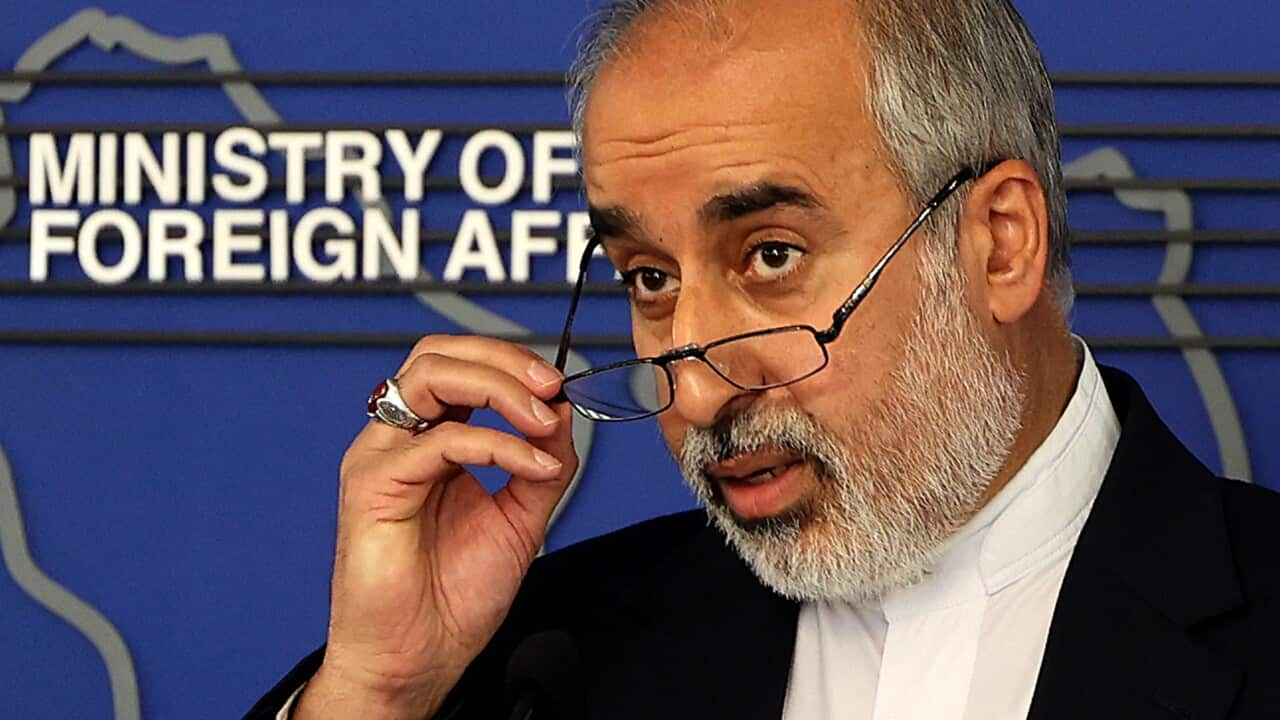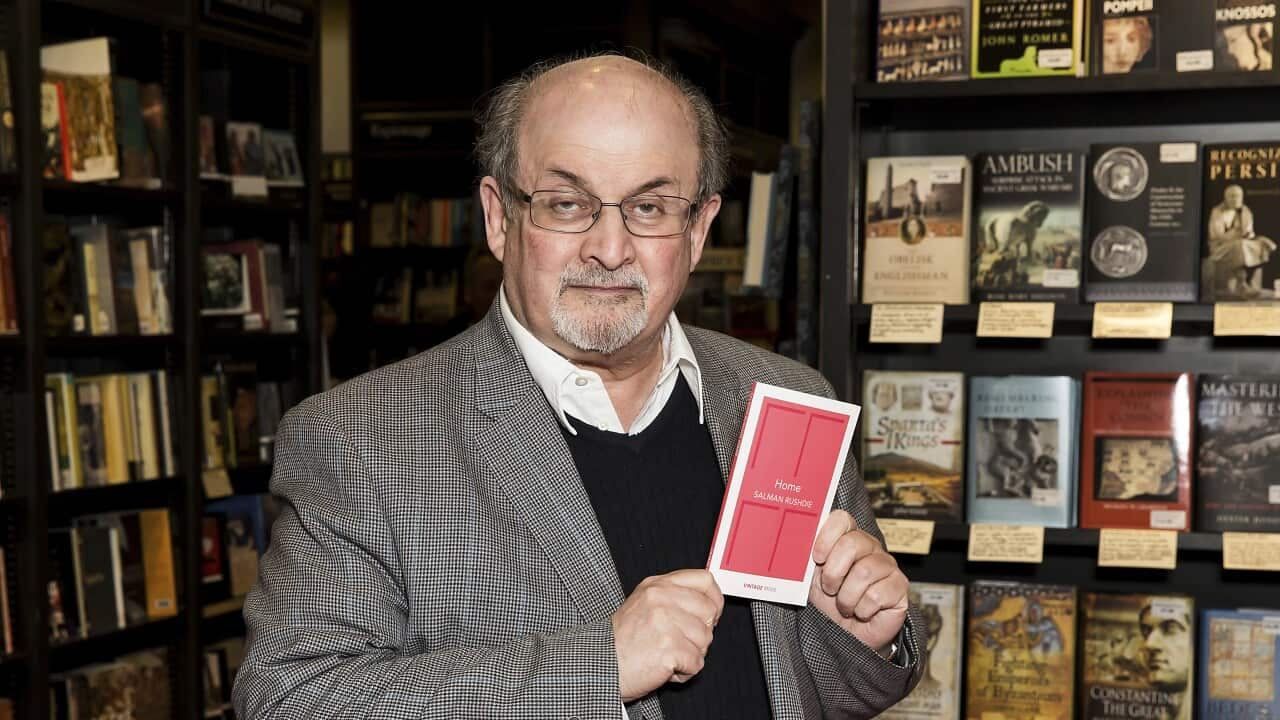Key Points
- Iran has "categorically" denied any link with the attacker who stabbed British writer Salman Rushdi.
- The country's foreign ministry spokesman has blamed the writer himself.
Iran has "categorically" denied any link with the attacker who stabbed British writer Salman Rushdie, author of the novel The Satanic Verses, but blamed the writer himself.
Foreign ministry spokesman Nasser Kanani said on Monday that Iran "categorically denied" any link with the attack, in the government's first official reaction .
Mr Kanani said "no one has the right to accuse the Islamic Republic of Iran".
"In this attack, we do not consider anyone other than Salman Rushdie and his supporters worthy of blame and even condemnation," he said at his weekly press conference in Tehran.
"By insulting the sacred matters of Islam and crossing the red lines of more than one and a half billion Muslims and all followers of the divine religions, Salman Rushdie has exposed himself to the anger and rage of the people."

Author Salman Rushdie holds up a copy of his cntroversial book The Satanic Verses during a 1992 news conference in the United States. Source: AP / RON EDMONDS/AP
The prize-winning writer had spent years under police protection after Iranian leaders called for Rushdie's killing over his portrayal of Islam and the Prophet Mohammed in the novel.
The suspected assailant, 24-year-old Hadi Matar from New Jersey, was wrestled to the ground by staff and other audience members before being taken into police custody.
He was later arraigned in court and pleaded not guilty to attempted murder charges.
.jpg?imwidth=1280)
The suspected assailant, 24-year-old Hadi Matar (centre) from New Jersey. Source: AP / Gene J. Puskar/AP
The Iranian government said in 1998 it would no longer back the fatwa, and Rushdie has lived relatively openly in recent years.
US Secretary of State Antony Blinken on Sunday said Iranian state media had "gloated" about the attack, adding that "this is despicable".
- with Reuters










